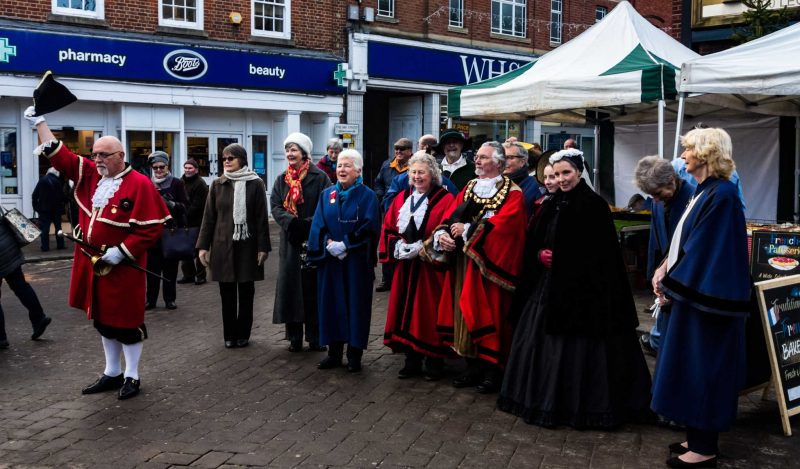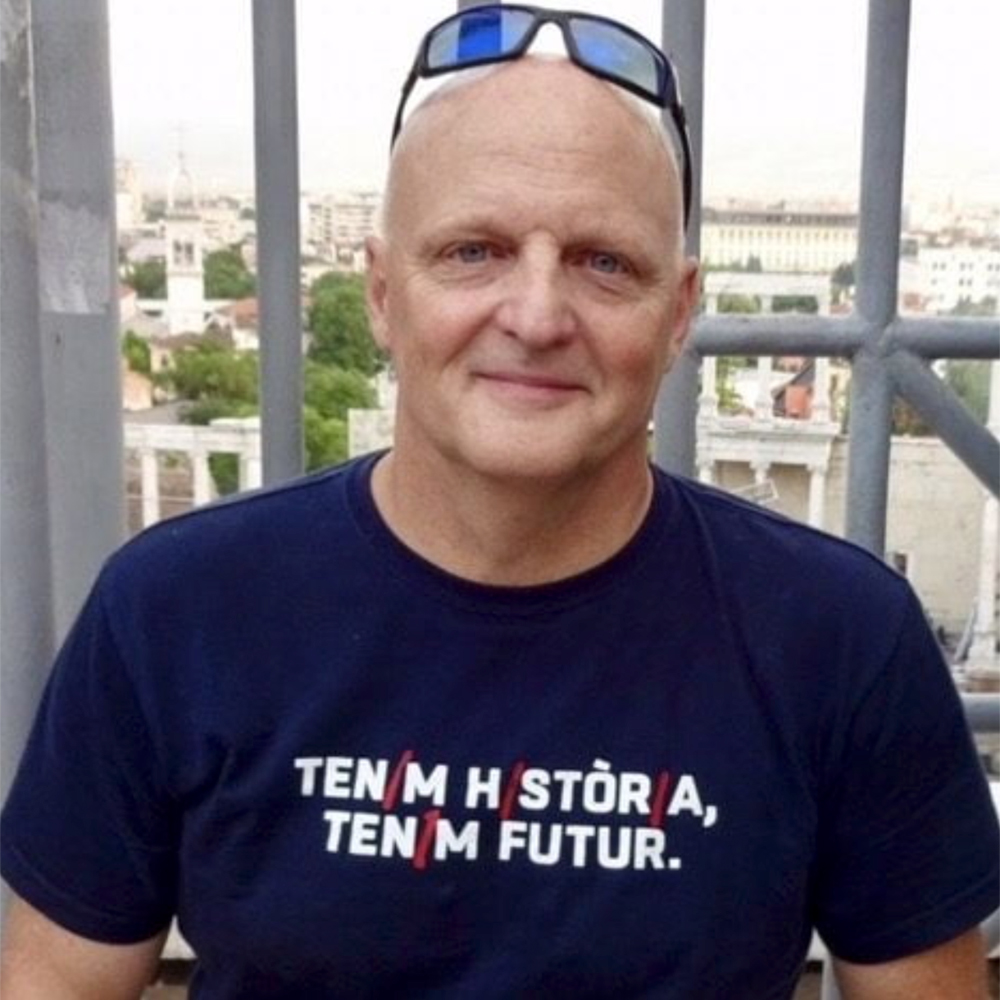Two Saturdays ago, I had a magical experience. I returned to my late mother’s hometown for a memorial service for one of her best friends—one of three she had known from the time she was five—and exchanged stories at graveside and then at a nearby restaurant with the two survivors about the group’s eight decades of unbroken and always warm friendship(s).
Coming to know one’s parents is a lifelong pursuit. As we age we are forever mixing and remixing our memories of them in the hope of composing a more or less finished portrait of who they were for us, and the world at large.
Doing so is not, at least for me, an occasional excursion into nostalgia. Rather, it is a constant pursuit, fueled by a perhaps vain desire to continually grow in consciousness as I traipse toward that final, fateful day. And this is so for a simple reason. I will forever be the son of my parents, and who they were, or were not, is deeply embedded in me.
That our memories are unreliable is, of course, well-known. But is also well-known that, lest a person dissolve into a hapless sack of fleeting and fragmentary sensations (something that seems to be the goal of many educators and promoters of popular culture today), we must take on the task of building a functional identity from the many shards of memory we carry inside.
Is there a method for this? I’m not sure.
But I believe there are certain habits that can help, like keeping a careful inventory of the memories—or for me as an intensely auditory and visual person, the pleasing “voice recordings” and “place pictures”—to which we return again and again in the course of our lives. In reliving these moments of spiritual warmth and fullness we not only find solace in times of difficulty, but remind ourselves, in the midst of the faux cornucopia of consumer culture, of what our inner selves truly desire as we move through time.
“Listening” to myself in this way, I have been surprised in recent years by how my childhood memories of my mother’s hometown, where I only spent weekends and two-week summer stretches with my grandparents, uncle and aunt have come to eclipse those of the place where I grew up day-to-day, happily went to school and played hockey, had my first love, and gulped those first illicit beers with the buds.
Odd no?
Well, the other day I think I stumbled onto an explanation. My mother’s Leominster, the declining mill town 20 minutes from my own, was a place where everyone was someone and where, when I walked down Main Street hand-in-hand with my grandfather, or went to early Mass and picked up the newspaper with my uncle, there was always time for a story to be exchanged. I thus received constant reminders that every ostensibly mundane and practical encounter with others is an opportunity to try and understand a bit more about them and their world.
But even more important than this was the way my mother’s family looked at friendship. It started with the premise that just about everyone with whom you habitually crossed paths was worthy of it, and that, short of outright acts of lying or hostility, that bond would continue, in one form of another, in perpetuity.
Needless to say, this outlook placed a premium on tolerance. When, during the Saturday afternoon cocktail parties my grandmother and grandfather—a 25-year member of the school committee and local Democratic party leader—would throw, Jimmy Foster would show up, as they used to say, “half-cocked” or Doc McHugh would get a little carried away with his own brilliance, it was, like so many other similar things that occurred, just another colorful part of life
And therein lies, a wonderful and perhaps revealing paradox. Those Leominster Smiths were the furthest thing in the world from moral relativists. They had deep, deep convictions rooted in both their Catholic faith and what can best be termed an Irish post-colonial hatred of lying, phoniness, bullying and injustice. And if you crossed one of those lines, you would hear about, up front, it in a hurry.
But until “that time,” you were a trusted friend with all your quirks, foibles and sometimes petty concerns.
For my mother, as with my uncle and aunt, this mixture of deep conviction and profound tolerance gifted them with extraordinarily long friendships with very diverse types of people.
When my very conservative uncle died, his high-powered friend of 70 years, and former member of Nixon’s enemies list, showed up from Washington to deliver a eulogy.
During the last decades of her life the best friends of my aunt, whose Catholicism could perhaps best be described as Tridentine, was a gay couple.
And as for my mother, whose diverse four-girl posse included a hard-driving, divorced businesswoman who had spent long years in Australia, a four-time cancer survivor, wife, mother and entrepreneur, a gracious and athletic beauty happily married to the same man for 70 years, “that time” to end or even question the fundamentals of their friendship, of course, never came. And so it was in most every one of the many other warm friendships she cultivated and enjoyed in her life.
And two Saturdays back, my sister and I reveled not only in the stories lived and told during the preceding eight decades, but also the certain knowledge we had attended, through my mother and her family’s extraordinary gift for creating and maintaining friendships, a school much more important than the ones from which we had received our fancy degrees.
Could it be, in these times of division and pressure to quickly enlist with one side or another of a given social or ideological position, those Leominster Smiths were on to something important?
What passes today for ideological convictions, in our supposedly terminally divided country, are nothing of the sort, but rather labels to which many quickly and lightly affix themselves precisely because they haven’t really thought deeply about what they believe and why, but don’t want to be seen as being out of step, or of not having really done their homework.
Perhaps it is time to remind them what my mother’s family knew and taught by example: that every person is an opportunity for learning and that real people of conviction don’t fear opposing opinions, or have the slightest need to silence or censor those with whom they appear to disagree.
Join the conversation:


Published under a Creative Commons Attribution 4.0 International License
For reprints, please set the canonical link back to the original Brownstone Institute Article and Author.









